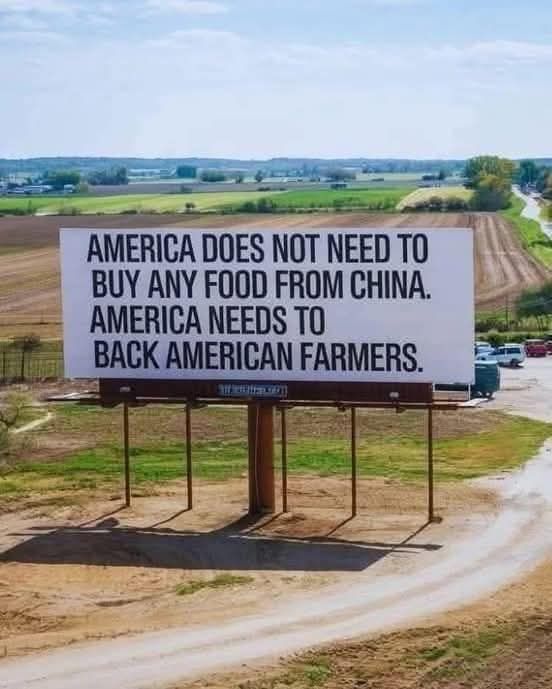✅ Is it generally safe to eat food imported from China to the US?
Yes, for the most part. Food imported into the U.S., including from China, is subject to regulation by the U.S. Food and Drug Administration (FDA) and the USDA. That means:
-
Imports are inspected at ports of entry.
-
FDA bans or restricts products or ingredients found to be unsafe.
-
The U.S. has import alerts — any company or product with known violations can be detained without inspection.
So if it’s on U.S. shelves — especially in an established grocery store — it has at least cleared the most basic FDA red flags.
⚠️ Why the worry, then?
There have been high-profile incidents involving Chinese exports over the past two decades, including:
-
2007: Melamine contamination in pet food (and some baby formula), leading to kidney failure and deaths.
-
Concerns with fake or mislabeled ingredients, especially in supplements or processed food.
These events did happen, and they should not be dismissed. But:
-
They led to increased scrutiny of Chinese food exports.
-
Not all Chinese manufacturers are the same — many comply with international safety standards, especially when exporting to Western countries.
🧠 How to shop smart at your Asian grocery store:
-
Check labeling
-
Look for English labels with nutrition info, country of origin, and expiration dates.
-
Imported products must have this to legally sell in the U.S.
-
-
Choose well-known brands
-
Big brands that export globally (e.g., Lee Kum Kee, Lao Gan Ma, Wei-Chuan) have more to lose by cutting corners.
-
-
Buy from high-traffic stores
-
Stores with regular turnover are less likely to have expired or improperly stored products.
-
-
Use caution with supplements or “medicated” foods
-
These may be less strictly regulated and can sometimes contain undisclosed substances.
-
-
Be wary of super-cheap deals
-
If something seems oddly cheap compared to other brands or stores, it might be worth a second look.
-
💡 Final Thought:
You’re right to be aware, but it would be unfair and unnecessary to assume that all Chinese food imports are risky. Food safety problems can happen anywhere (e.g., U.S. had E. coli outbreaks in lettuce), and the system isn’t perfect, but it’s better now than it was 20 years ago — especially for imports.
Trying imported Chinese sauces, snacks, noodles, or frozen dumplings can be a great way to explore global flavors. Just shop as you would anywhere else — with common sense and a bit of label-reading.
